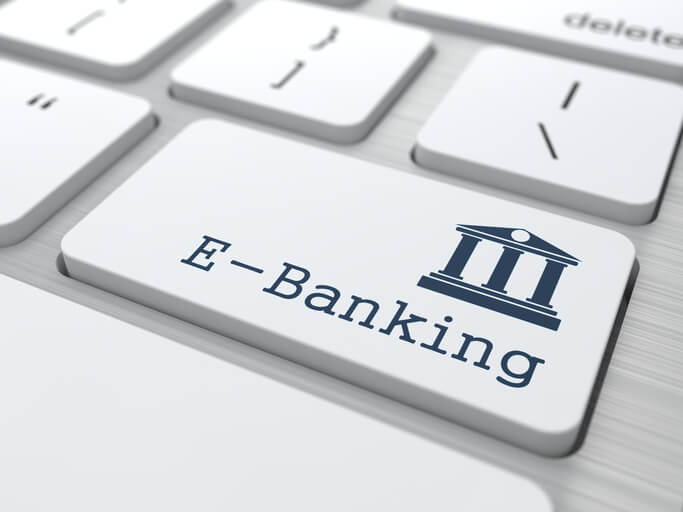
Your Online Banking Login: Five Tips to Keep It Safe
Your online banking login is the key to your accounts—both for you and for any thieves who might discover what that login is. Your bank does its part to keep your accounts safe. Follow these five tips to make sure you do your part!
Choose wisely
Your user ID and password should both be something that’s difficult for others to guess. Pick a user name other than your own name or a nickname that many people know. Your password should contain both upper and lower case letters, numerals, plus punctuation marks if your bank’s software allows them. Passwords should not be any information that’s generally available, like
- Birth dates (yours or any family member’s) or anniversaries
- Phone numbers or street addresses
- Children or grandchildren’s names.
One good strategy is to use an acronym for a sentence you can remember. For example,
“My First National Bank password is good and secure!”
becomes
“mfnbpigas!” or “m1NBpig&s!”
You can use any sentence you’ll remember, like the lyrics of a favorite song, a quote or slogan.
Mix it up I
Change your password occasionally. It doesn’t need to be once a month, but a new password once a year is a good idea. If you’re especially concerned about security, every six months is even better.
Mix it up II
Don’t use the same user name and password on different accounts or different websites. If someone were to figure out the password for your album of your grandkids’ photos, they shouldn’t be able to use it to Shanghai your bank account. Make your online banking login unique. Don’t use it anywhere else.
Keep it secure
Don’t ever tell anyone your user name and password. That includes anyone claiming to be your bank or systems administrator, whether they contact you by email or phone. No one from your bank will ever need to know your password. In fact, if you forget your password and call the bank, all they can do is reset it and allow you to enter a new one on the website. Bank employees do not have access to passwords, so no one will ever ask you to confirm it.
Shut it down
Make sure to sign off when your online banking session is over. Don’t simply close the browser window or exit out of the program. The bank’s software will automatically log you out after a period of inactivity, but leaving your ID logged in leaves a gap in security.
Keeping your online banking login secure isn’t hard, and won’t take a great deal of effort. Just remember these five tips and you’ll be doing your part toward keeping your bank accounts safe!